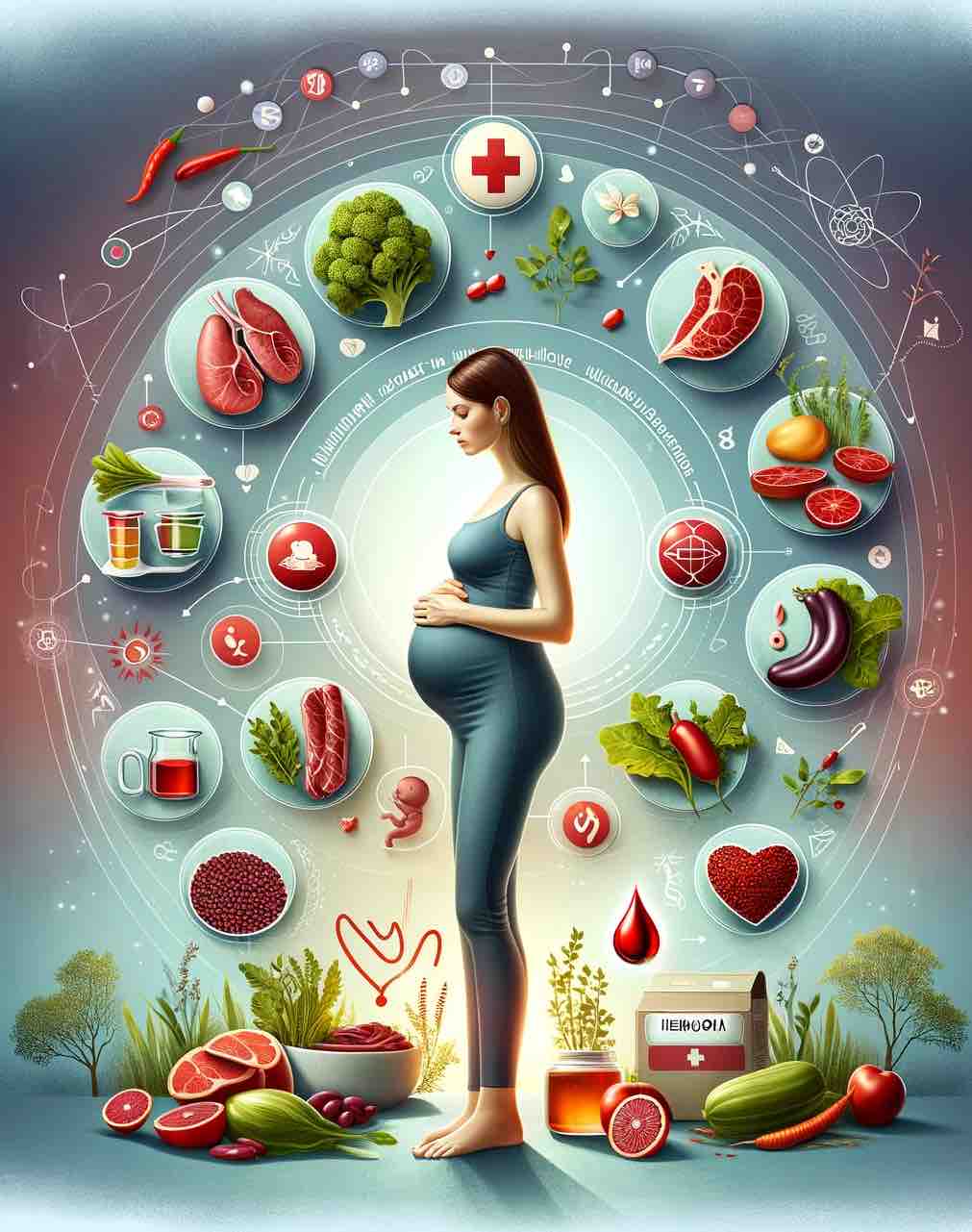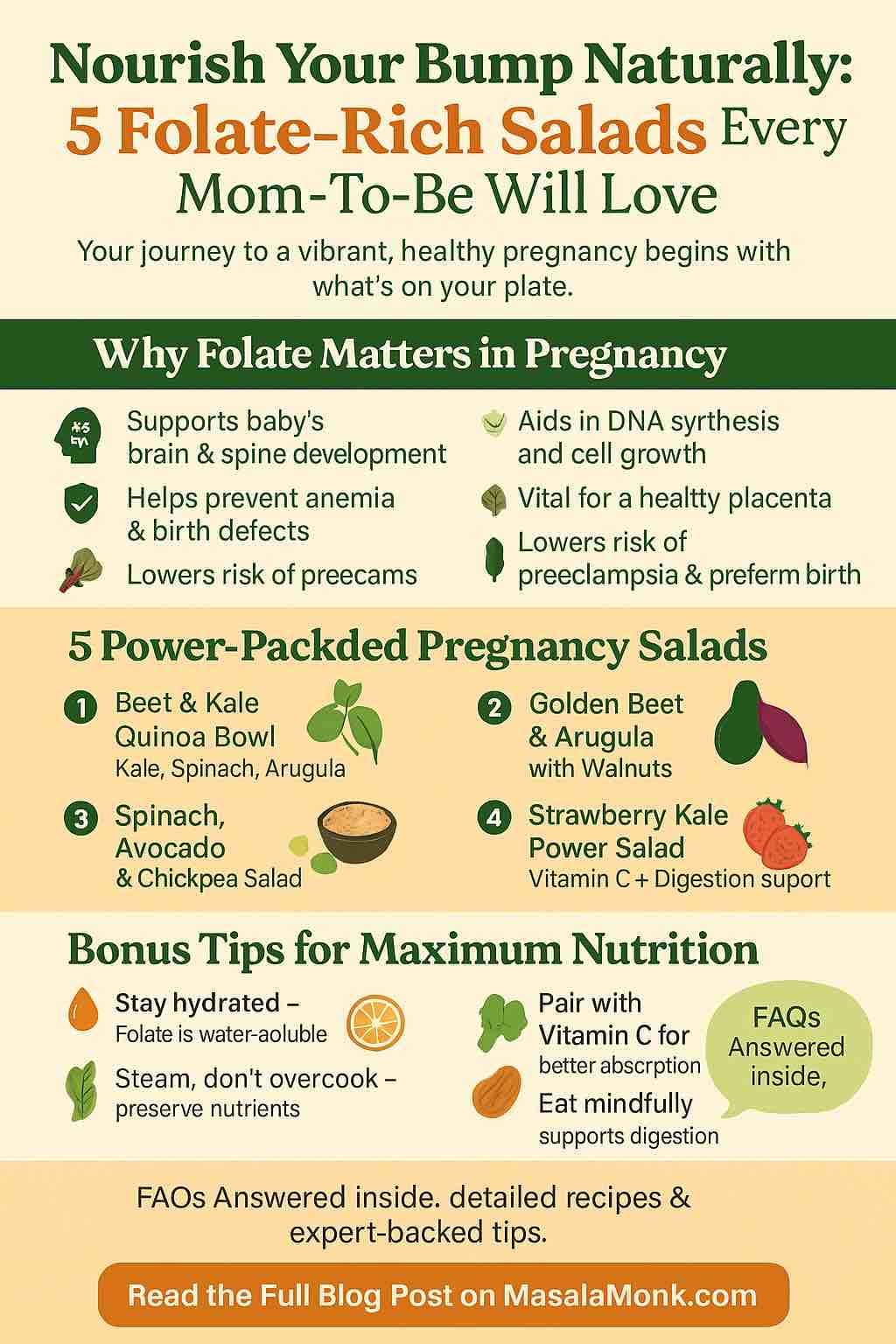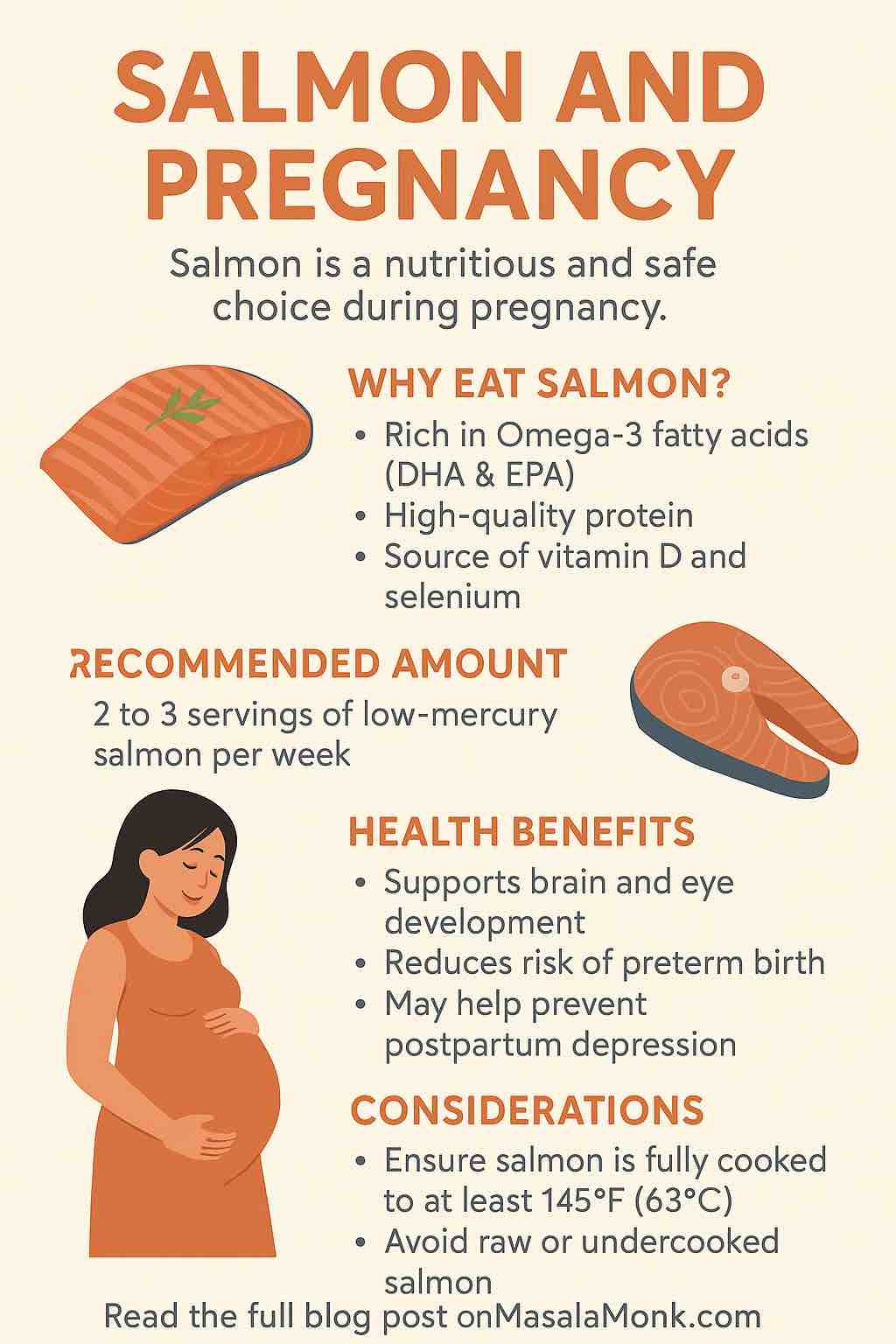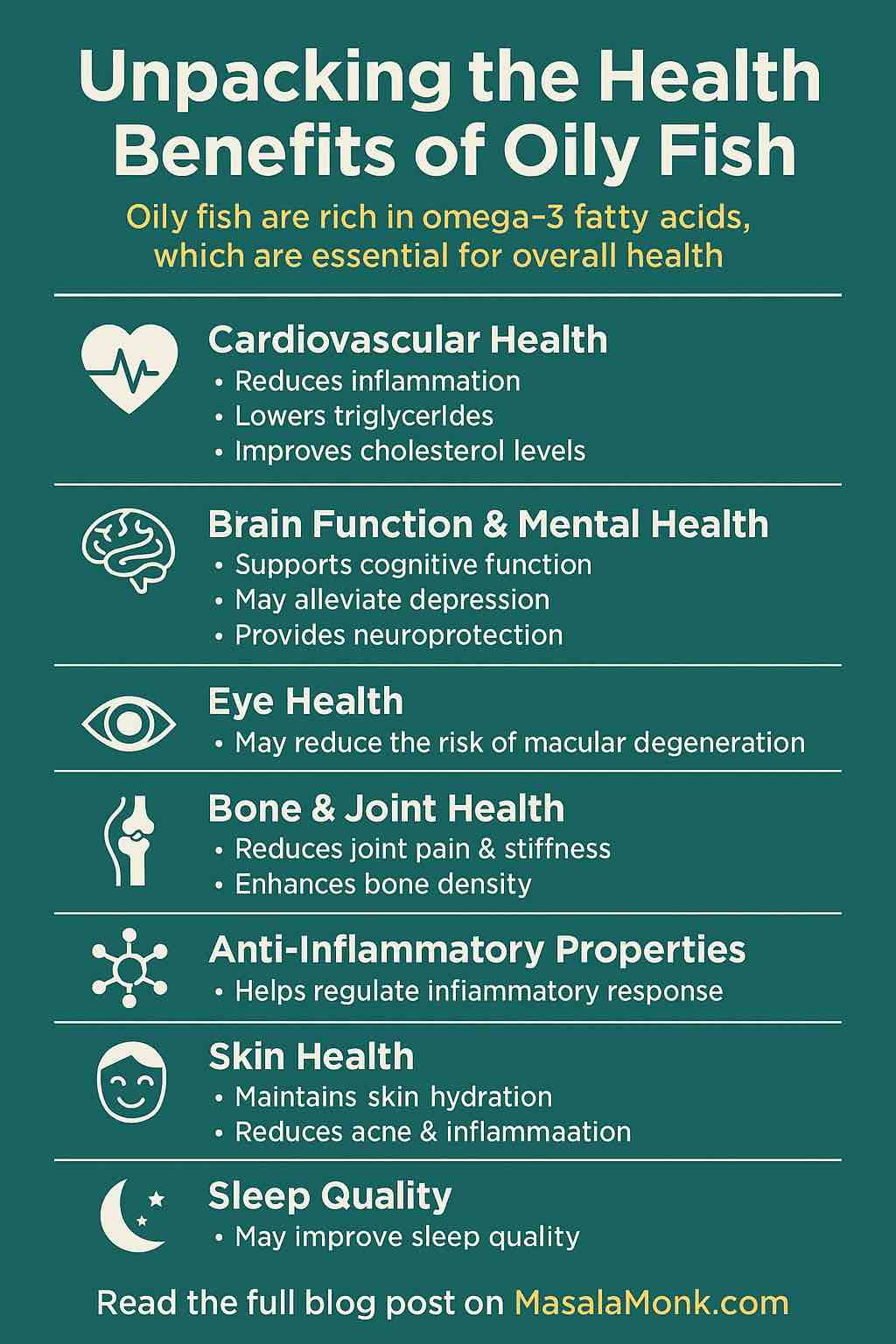
Pregnancy is a time of significant change and growth, a period filled with anticipation and preparation. Among the various health considerations during this journey, anemia stands out as a common yet often overlooked condition. In this detailed exploration, we aim to shed light on anemia in pregnancy, addressing its importance for both maternal and fetal health.
Anemia, characterized by a decrease in the number of red blood cells or hemoglobin levels in the blood, can have a notable impact on a pregnancy. It affects a significant number of women worldwide and is particularly important due to its potential to influence not only the health of the mother but also the developing baby.
The intricacies of anemia in pregnancy revolve around the increased demands placed on a woman’s body, including the need for more iron, folic acid, and other nutrients vital for the production of hemoglobin – the oxygen-carrying component of red blood cells. During pregnancy, the body’s blood volume increases, which can dilute hemoglobin levels, leading to anemia if not properly managed.
Understanding the types of anemia that can occur during pregnancy is crucial. Iron-deficiency anemia is the most common type, but other forms, such as vitamin B12 deficiency and sickle cell anemia, also play a significant role. Each type has unique causes and implications, making awareness and early diagnosis key to effective management.
Symptoms of anemia in pregnancy can range from fatigue and weakness to more severe complications like increased risk of infections, preterm birth, and low birth weight. However, with proper nutritional management, supplementation, and medical care, most forms of anemia can be effectively managed, ensuring a healthy pregnancy outcome.
In this post, we will delve into the causes, diagnostic procedures, and treatment options for anemia in pregnancy. We will explore how dietary choices, supplements, and lifestyle changes can play a pivotal role in prevention and management. Additionally, we’ll discuss the special considerations for managing conditions like sickle cell anemia during pregnancy.
Our goal is to provide a comprehensive guide that is not only informative but also practical and engaging. Whether you are an expectant mother, a healthcare professional, or someone interested in maternal health, this post aims to empower you with knowledge and practical tips for managing anemia during this critical phase of life.
Join us as we navigate through the complexities of anemia in pregnancy, equipping you with the tools and knowledge to ensure a healthy and safe pregnancy journey.
Understanding Anemia in Pregnancy
Delving deeper into the realm of maternal health, it’s essential to understand anemia’s nuances during pregnancy. This section aims to provide a comprehensive overview, highlighting the types, causes, and implications of anemia in the context of pregnancy.
Types of Anemia in Pregnancy
Anemia during pregnancy can manifest in various forms, each with its distinct characteristics:
- Iron-Deficiency Anemia: The most prevalent type, caused by insufficient iron levels, crucial for hemoglobin production. It’s often due to increased iron demands by the growing fetus and placenta, coupled with a woman’s increased blood volume.
- Vitamin B12 Deficiency Anemia: Less common but significant, this type results from inadequate intake or absorption of vitamin B12, essential for red blood cell formation.
- Folate Deficiency Anemia: Caused by a lack of folate (vitamin B9), this type is crucial to note due to folate’s role in preventing neural tube defects in the fetus.
- Sickle Cell Anemia: A genetic form of anemia that can be particularly challenging during pregnancy, increasing the risk for both mother and baby.
Causes and Risk Factors
Understanding the causes and risk factors for anemia in pregnancy is key to prevention and early intervention:
- Dietary Deficiencies: Insufficient intake of iron, vitamin B12, or folate is a primary contributor.
- Increased Demands: Pregnancy increases the body’s need for these nutrients, raising the risk of deficiencies.
- Chronic Conditions: Pre-existing conditions like inflammatory bowel disease or genetic hemoglobin disorders can heighten the risk.
- Multiple Pregnancies: Carrying multiples increases nutritional demands, elevating anemia risk.
Impact on Pregnancy
The implications of anemia in pregnancy are far-reaching, affecting both the mother and the developing fetus:
- For the Mother: Symptoms can range from fatigue and weakness to severe complications such as increased susceptibility to infections and postpartum hemorrhage.
- For the Baby: Risks include preterm birth, low birth weight, and impaired cognitive and physical development.
The Importance of Early Detection
Early detection of anemia is crucial for timely intervention. Routine blood tests for hemoglobin and hematocrit levels are standard during prenatal visits. For those at higher risk, more frequent testing may be necessary.
Understanding the types, causes, and impacts of anemia in pregnancy is essential for both expectant mothers and healthcare providers. It lays the foundation for early detection, appropriate nutritional guidance, and effective management strategies. In the following sections, we will delve into the diagnostic criteria for anemia in pregnancy, signs and symptoms to watch for, and practical management and treatment approaches. This comprehensive approach aims to ensure a healthier pregnancy journey and optimal outcomes for both mother and child.
Diagnosis of Anemia in Pregnancy
Moving from understanding to action, the timely and accurate diagnosis of anemia in pregnancy is pivotal. This section explores the standard diagnostic criteria, the significance of various blood tests, and the interpretation of results, all of which play a critical role in ensuring effective management and treatment.
Standard Diagnostic Criteria
The diagnosis of anemia in pregnancy is primarily based on blood tests measuring hemoglobin (Hb) and hematocrit (Hct) levels. These levels vary throughout pregnancy, and understanding these variations is crucial:
- Hemoglobin Levels:
- First Trimester: Anemia is diagnosed if Hb is less than 11.0 g/dL.
- Second Trimester: The threshold drops to 10.5 g/dL.
- Third Trimester: Levels below 11.0 g/dL indicate anemia.
- Hematocrit Levels:
- This test measures the percentage of red blood cells in the blood. Lower than normal levels indicate anemia.
Additional Blood Tests
Depending on the initial findings, additional tests may be required to identify the type of anemia:
- Iron Studies: These include serum ferritin, serum iron, and total iron-binding capacity (TIBC), which help assess iron stores and iron deficiency.
- Vitamin B12 and Folate Levels: Essential for determining deficiencies that could lead to anemia.
- Reticulocyte Count: Useful in assessing the bone marrow’s response to anemia and its ability to produce red blood cells.
Risk Assessment and Monitoring
Certain factors can increase the risk of anemia in pregnancy, necessitating closer monitoring:
- Dietary Habits: Vegetarians or those with poor dietary intake of iron, vitamin B12, or folate.
- Medical History: Women with a history of heavy menstrual bleeding, previous pregnancies close together, or a history of anemia.
- Chronic Conditions: Conditions like celiac disease or sickle cell disease that can affect nutrient absorption or red blood cell lifespan.
Interpreting the Results
Understanding the results of these tests is crucial for developing an appropriate treatment plan:
- Iron Deficiency Anemia: Typically indicated by low hemoglobin and hematocrit, along with low serum ferritin and high TIBC.
- Vitamin B12 or Folate Deficiency Anemia: Low hemoglobin and hematocrit levels accompanied by low vitamin B12 or folate levels.
- Anemia of Chronic Disease: May present with normal to low-normal iron stores but decreased red blood cell production.
The diagnosis of anemia in pregnancy requires a combination of blood tests and a thorough assessment of risk factors and symptoms. Accurate diagnosis paves the way for targeted treatment strategies, ensuring the well-being of both the mother and the developing fetus. In the next sections, we’ll explore the signs and symptoms of anemia in pregnancy, treatment modalities, and the importance of dietary management in mitigating this common yet manageable condition.
Signs and Symptoms of Anemia in Pregnancy
Recognizing the signs and symptoms of anemia is crucial for timely intervention and management. This part of the post delves into the common indicators of anemia in pregnancy, helping expectant mothers and healthcare providers identify potential concerns early.
Common Symptoms of Anemia
Anemia in pregnancy can manifest in various ways, with some symptoms being more subtle than others:
- Fatigue and Weakness: These are among the most common symptoms, often attributed to the general tiredness associated with pregnancy but can be a sign of anemia.
- Pale Skin and Mucous Membranes: A decrease in red blood cells or hemoglobin can lead to a noticeable paleness.
- Shortness of Breath and Heart Palpitations: These symptoms occur as the body attempts to compensate for decreased oxygen-carrying capacity.
- Dizziness or Lightheadedness: Reduced oxygen flow to the brain can result in these sensations.
- Rapid or Irregular Heartbeat: The heart may pump faster to deliver adequate oxygen to the body.
- Chest Pain or Angina: In severe cases, anemia can strain the heart and lead to chest discomfort.
Symptoms Specific to Types of Anemia
Different types of anemia can present with additional specific symptoms:
- Iron-Deficiency Anemia: Cravings for non-nutritive substances (pica), headaches, and brittle nails.
- Vitamin B12 Deficiency: Numbness or tingling in the hands and feet, difficulty walking, and memory loss.
- Folate Deficiency Anemia: Mouth sores, changes in skin, hair, or fingernail pigmentation.
- Sickle Cell Anemia: Episodes of pain, known as sickle cell crises, increased risk of infections.
When to Seek Medical Attention
Pregnant women should seek medical attention if they experience symptoms of anemia, especially if they have known risk factors. Regular prenatal visits allow for routine checks that can detect anemia even before symptoms become apparent.
The Importance of Early Detection
Early detection of anemia in pregnancy is vital for several reasons:
- Preventing Complications: Untreated anemia can lead to adverse pregnancy outcomes, including preterm birth and low birth weight.
- Maternal Health: Severe anemia increases the risk of postpartum complications, including increased susceptibility to infections and postpartum depression.
- Fetal Development: Adequate oxygen and nutrient supply are crucial for healthy fetal growth and development.
Recognizing the signs and symptoms of anemia in pregnancy is a crucial step in ensuring the health and well-being of both mother and baby. Awareness and understanding of these symptoms, combined with regular prenatal screenings, are key in the timely diagnosis and management of anemia. In the following sections, we will explore the various treatment options and dietary recommendations for managing anemia in pregnancy, highlighting the role of a holistic approach to care.
Treatment and Management of Anemia in Pregnancy
Effective management of anemia during pregnancy is crucial to ensure the health and well-being of both the mother and the developing fetus. This section focuses on the various treatment modalities and management strategies for anemia in pregnancy, providing a comprehensive approach to dealing with this condition.
Medical Treatment Options
The treatment of anemia in pregnancy is tailored according to the type and severity of the anemia:
- Iron Supplementation:
- The first line of treatment for iron-deficiency anemia involves oral iron supplements, typically in the form of ferrous sulfate, ferrous gluconate, or ferrous fumarate.
- Dosage is determined based on the severity of the deficiency and individual tolerance levels.
- Intravenous (IV) iron therapy, such as Injectafer, may be recommended in cases of severe deficiency or if oral iron is not tolerated.
- Vitamin B12 and Folate Supplementation:
- For anemia caused by vitamin B12 or folate deficiencies, supplementation of these nutrients is essential.
- This often includes oral vitamin B12 and folic acid supplements.
- Management of Sickle Cell Anemia:
- Sickle cell anemia requires specialized care, often involving a team of healthcare providers.
- Treatment may include pain management, hydration therapy, and close monitoring for potential complications.
Dietary Management
Nutritional strategies play a significant role in both the prevention and treatment of anemia:
- Iron-Rich Foods: Incorporating foods high in iron, such as red meat, poultry, fish, leafy green vegetables, and iron-fortified cereals, is recommended.
- Vitamin C for Iron Absorption: Consuming vitamin C-rich foods (like citrus fruits and bell peppers) alongside iron-rich foods can enhance iron absorption.
- Folate and Vitamin B12 Sources: Foods rich in these nutrients include leafy greens, legumes, nuts, and animal products like meat and dairy.
Lifestyle Considerations
Lifestyle modifications can also support the treatment of anemia:
- Moderate Exercise: While rest is important, moderate physical activity can improve overall health and well-being.
- Adequate Rest: Ensuring sufficient rest is crucial for the body to recover and manage anemia effectively.
Monitoring and Follow-Up
Regular monitoring is essential to assess the effectiveness of treatment and make any necessary adjustments:
- Follow-Up Blood Tests: Regular hemoglobin and hematocrit tests are conducted to monitor the response to treatment.
- Assessment of Symptoms: Ongoing evaluation of anemia-related symptoms helps in adjusting treatment plans as needed.
The treatment and management of anemia in pregnancy require a multifaceted approach, involving medical interventions, dietary adjustments, and lifestyle modifications. Close monitoring and regular follow-up with healthcare providers are essential for effective management. By addressing anemia proactively, expectant mothers can significantly improve their pregnancy outcomes and ensure a healthier start for their babies.
In our next section, we will explore the complications and risks associated with anemia in pregnancy, underscoring the importance of timely and effective management of this common condition.
Complications and Risks Associated with Anemia in Pregnancy
Understanding the potential complications and risks associated with anemia in pregnancy is crucial for both healthcare providers and expectant mothers. This section delves into the various challenges and risks posed by anemia, highlighting the importance of effective management to mitigate these risks.
Maternal Complications
Anemia in pregnancy can lead to several complications for the mother, including:
- Increased Risk of Infections: Anemia can weaken the immune system, making the mother more susceptible to infections.
- Fatigue and Heart-related Issues: Severe anemia can lead to significant fatigue, affecting the mother’s ability to cope with pregnancy and labor. It can also strain the heart, potentially leading to conditions like tachycardia or heart failure.
- Complications During Labor: Anemia increases the risk of blood loss and postpartum hemorrhage during childbirth. It can also affect the overall strength and stamina required during labor.
- Postpartum Depression: There is a noted correlation between anemia and the risk of postpartum depression.
Fetal Complications
Anemia also poses risks to the developing fetus, such as:
- Low Birth Weight and Preterm Birth: Inadequate oxygen and nutrient supply due to anemia can lead to restricted fetal growth and development, resulting in low birth weight or preterm birth.
- Developmental Delays: Long-term, babies born to anemic mothers may face developmental delays or cognitive challenges.
- Increased Risk in Neonatal Period: Babies born to anemic mothers may have an increased risk of anemia and related complications in the neonatal period.
Sickle Cell Anemia and Pregnancy
Pregnant women with sickle cell anemia face additional risks, including:
- Sickle Cell Crisis: Pregnancy can increase the frequency and severity of sickle cell crises.
- Preeclampsia and Other Pregnancy-related Hypertensive Disorders: These conditions are more common in women with sickle cell anemia.
- Increased Risk of Infections and Blood Clots: These risks require close monitoring and management.
The Importance of Early Intervention
The potential complications underscore the importance of early intervention and management of anemia in pregnancy. Timely diagnosis and treatment can significantly reduce these risks, leading to healthier outcomes for both mother and baby.
Anemia in pregnancy, if not adequately managed, can lead to a range of complications affecting both the mother and the fetus. Awareness, early detection, and appropriate treatment are key to minimizing these risks. It’s vital for healthcare providers to educate expectant mothers about the signs and symptoms of anemia and ensure regular monitoring throughout the pregnancy. In our final section, we will discuss the prevention strategies for anemia in pregnancy, focusing on dietary management, supplementation, and lifestyle choices to proactively address this condition.
Prevention Strategies for Anemia in Pregnancy
Proactive prevention is a critical aspect of managing anemia in pregnancy. This section will focus on strategies to prevent anemia, emphasizing the roles of diet, supplementation, and lifestyle modifications. Implementing these strategies effectively can help reduce the risk of developing anemia and its associated complications.
Nutritional Approaches
A well-balanced diet plays a pivotal role in preventing anemia:
- Iron-Rich Foods: Consuming foods high in iron is crucial. This includes lean red meat, poultry, fish, leafy green vegetables, and iron-fortified cereals. It’s important to note that iron from animal sources (heme iron) is more easily absorbed than that from plant sources (non-heme iron).
- Vitamin C for Iron Absorption: Vitamin C enhances the absorption of iron. Including citrus fruits, tomatoes, and bell peppers in the diet can be beneficial.
- Folate and Vitamin B12: Foods rich in folate (such as leafy greens, legumes, and nuts) and vitamin B12 (such as meat, dairy, and fortified foods) are essential to prevent anemia, especially during early pregnancy.
Supplementation
Supplementation is often necessary to meet the increased demands of pregnancy:
- Routine Iron Supplements: Many healthcare providers recommend routine iron supplements for pregnant women, especially in the second and third trimesters.
- Folic Acid Supplements: Folic acid supplementation is recommended before conception and during pregnancy to prevent neural tube defects and anemia.
- Specialized Supplements: In cases of known deficiencies or higher risk, more specific supplements like vitamin B12 may be prescribed.
Regular Screening
Regular screening for anemia is a vital prevention strategy:
- Prenatal Visits: Hemoglobin and hematocrit levels should be checked as a part of routine prenatal care to identify and treat anemia early.
Lifestyle Considerations
Lifestyle factors can also impact the risk of developing anemia:
- Moderate Physical Activity: Regular, moderate exercise can improve overall health and may help in the prevention of anemia.
- Adequate Rest: Ensuring sufficient rest and sleep supports overall health and the body’s ability to absorb nutrients.
- Avoidance of Certain Substances: Limiting substances that can inhibit iron absorption, such as caffeine and excessive dairy products, is advisable.
Educating Expectant Mothers
Education plays a crucial role in the prevention of anemia. Healthcare providers should educate expectant mothers about the importance of a balanced diet, supplementation, and regular screening.
Preventing anemia in pregnancy is a multifaceted approach that encompasses dietary management, appropriate supplementation, and lifestyle adjustments. Regular prenatal care and screening are essential for early detection and management. By adopting these preventive strategies, expectant mothers can significantly reduce their risk of anemia and ensure a healthier pregnancy outcome.
In the next section, we will summarize the key points of our discussion on anemia in pregnancy, providing a concise overview and reinforcing the importance of awareness, prevention, and management of this common condition.
Summary and Key Takeaways on Anemia in Pregnancy
As we conclude our comprehensive exploration of anemia in pregnancy, it’s essential to consolidate the key points and takeaways from our discussion. This summary aims to reinforce the importance of awareness, prevention, and effective management of anemia during this crucial phase of life.
Understanding Anemia in Pregnancy
- Anemia in pregnancy is a condition marked by lower than normal levels of red blood cells or hemoglobin.
- The most common type is iron-deficiency anemia, but folate and vitamin B12 deficiencies, as well as genetic conditions like sickle cell anemia, are also significant.
Diagnosis and Importance of Early Detection
- Anemia is typically diagnosed through blood tests measuring hemoglobin and hematocrit levels, with different thresholds at various stages of pregnancy.
- Early detection through routine prenatal screenings is vital for timely intervention and preventing complications.
Signs and Symptoms
- Common symptoms include fatigue, weakness, pale skin, and shortness of breath. More severe anemia may present with heart palpitations, dizziness, and chest pain.
- Recognizing these signs early is important for prompt treatment.
Treatment and Management
- Treatment usually involves iron supplementation, either orally or intravenously, depending on the severity and individual tolerance.
- For folate or vitamin B12 deficiency anemia, appropriate supplementation is key.
- Sickle cell anemia requires specialized management due to its complex nature and potential complications during pregnancy.
Dietary and Lifestyle Considerations
- A diet rich in iron, folate, and vitamin B12 is crucial. This includes consuming red meat, poultry, fish, leafy greens, and fortified cereals.
- Vitamin C enhances iron absorption and should be included in the diet.
- Regular, moderate exercise and adequate rest are beneficial in managing anemia.
Prevention Strategies
- Preventive measures include consuming a balanced diet, taking prescribed supplements (especially folic acid), and regular anemia screening during prenatal visits.
- Lifestyle modifications such as adequate physical activity and rest, and avoiding substances that inhibit iron absorption, are important.
Closing Thoughts
Anemia in pregnancy, while common, should not be taken lightly due to its potential impact on both maternal and fetal health. Awareness and understanding of this condition, coupled with proactive management and preventive strategies, are key to ensuring a healthy pregnancy and a positive outcome for both mother and baby.
Healthcare providers play a crucial role in educating and supporting expectant mothers through this journey, ensuring regular monitoring, and providing comprehensive care tailored to each individual’s needs.
Remember, a healthy pregnancy isn’t just about caring for the growing baby but also about maintaining the mother’s health and well-being. By addressing and managing conditions like anemia, we pave the way for a healthier, happier journey through pregnancy and beyond.
Frequently Asked Questions (FAQs)
- What causes anemia in pregnancy?
- Anemia in pregnancy is often caused by a deficiency of iron, folate, or vitamin B12. Increased blood volume during pregnancy can also dilute red blood cells, leading to anemia.
- How is anemia diagnosed during pregnancy?
- Anemia is diagnosed through blood tests that measure hemoglobin and hematocrit levels. These tests are typically part of routine prenatal care.
- What are normal hemoglobin levels in pregnancy?
- Normal hemoglobin levels are around 11 to 12 g/dL in the first trimester, 10.5 to 11 g/dL in the second trimester, and 10 to 11 g/dL in the third trimester.
- What are the symptoms of anemia in pregnancy?
- Common symptoms include fatigue, weakness, pale skin, dizziness, shortness of breath, and rapid heartbeat. Severe anemia may cause more serious symptoms like chest pain and headaches.
- Why is iron important during pregnancy?
- Iron is crucial for producing hemoglobin, the protein in red blood cells that carries oxygen to your body’s tissues and the baby.
- Can anemia affect my baby?
- Yes, anemia can lead to complications like low birth weight, preterm birth, and developmental delays in severe cases.
- How is anemia treated in pregnancy?
- Treatment typically involves iron supplements, either orally or intravenously, and dietary changes to increase iron intake. Folate and vitamin B12 supplements may be needed for other types of anemia.
- What foods should I eat to prevent or treat anemia?
- Eat iron-rich foods like red meat, poultry, fish, leafy green vegetables, and iron-fortified cereals. Foods high in vitamin C can help with iron absorption.
- Is it safe to take iron supplements during pregnancy?
- Yes, iron supplements are commonly prescribed during pregnancy and are safe when taken as directed by a healthcare provider.
- Can anemia recur in future pregnancies?
- Yes, having anemia in one pregnancy can increase the risk in subsequent pregnancies, making early screening and preventive measures important.
Blog Tags for the Post: Anemia in Pregnancy, Iron Deficiency, Pregnancy Health, Prenatal Nutrition, Maternal Wellness, Hemoglobin Levels, Folate Deficiency, Vitamin B12 in Pregnancy, Sickle Cell Anemia, Dietary Management, Pregnancy Complications, Prenatal Care, Pregnancy Supplements
















